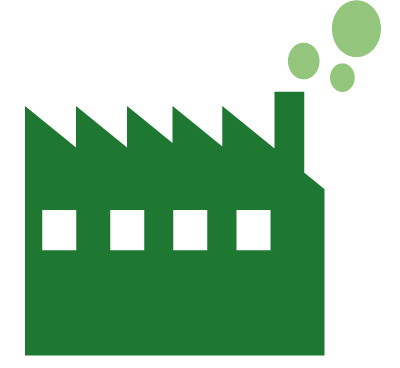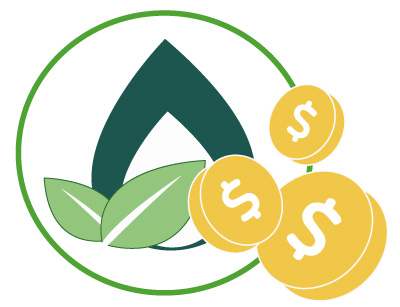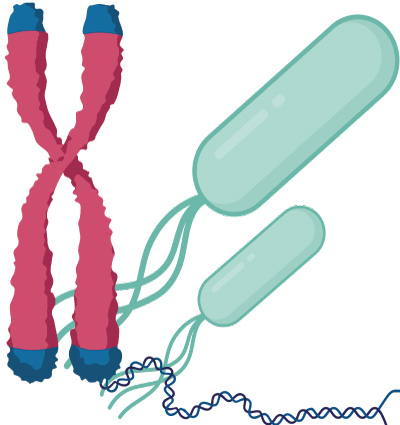

A sustainable solution for waste management in Thailand and everywhere must begin with trash segregation. Different types of waste have to be sorted and further processed for efficient recycling, reuse or value-addition. For example, different types of plastics may be processed by different types of upcycling technologies. However, the process of waste segregation is costly. Therefore, development of economically feasible technology to allow community or organizations that separate and manage waste well to earn income from the operation is necessary for long term sustainability of the initiative. This is what C-ROS researchers aim to develop.

Although recycling technology exists, a major obstacle for waste recycling technology is contamination of organic waste in reusable and recyclable waste. Organic waste is a major content of waste worldwide. In Asia, about 50-65% of waste is organic waste. It is of low value and has large water content. Leaving organic waste with plastics or other reusable wastes make the recycling process difficult because organic waste causes growth of microbes (which can be pathogenic). Burning organic waste through incinerators achieves low yield of energy value due to high level water content. If the incineration technology is improper (as in most of developing countries), trash incineration also causes air pollution.

C-ROS aims to use state-of-the-art technologies in the areas of anaerobic digestion, cell, metabolic and process engineering to convert organic waste, especially food waste into biogas, hydrogen, biofertilizer, bio-alkane, and fatty alcohol. Unlike most of existing waste-to-energy facilities in Thailand which use incineration to gain energy, C-ROS aims to develop technology which targets only the organic waste and use of only biotechnology process (which is green and clean) to make valuable compounds.

Because users of C-ROS technology are required to segregate waste and maintain a sustainable waste management program, we are currently implementing our technology only in communities and private sector entities that can commit to managing waste segregation programs.